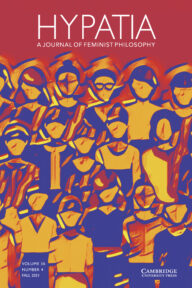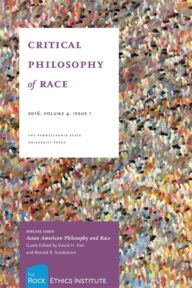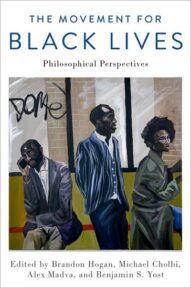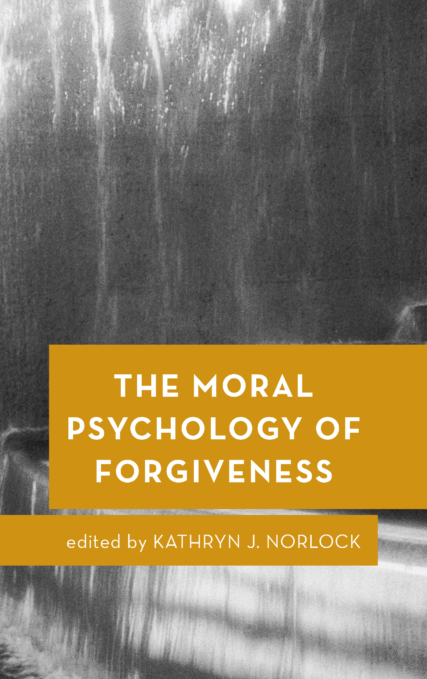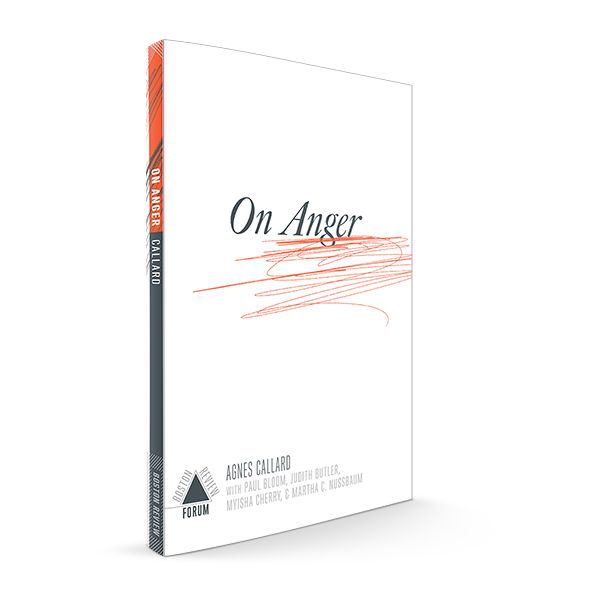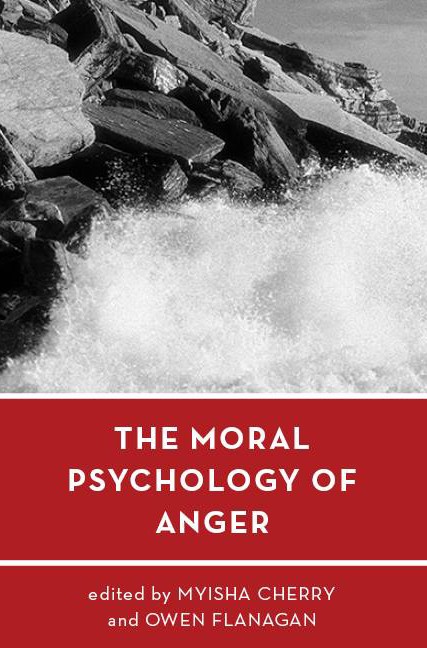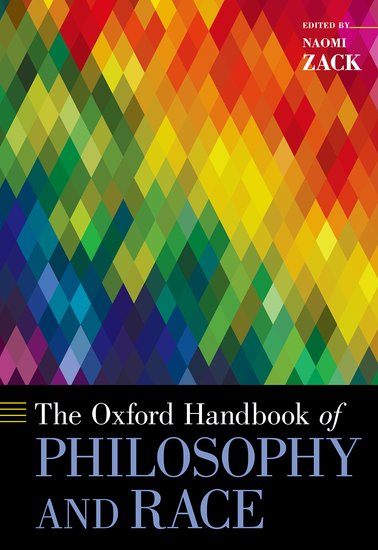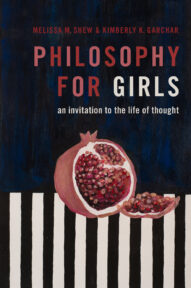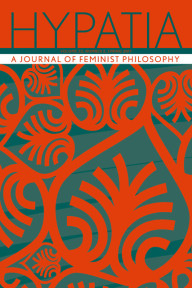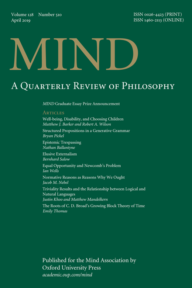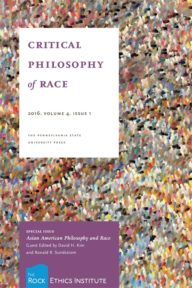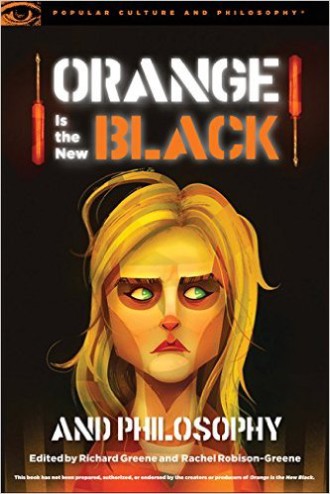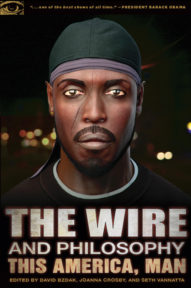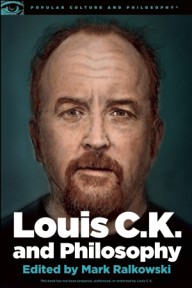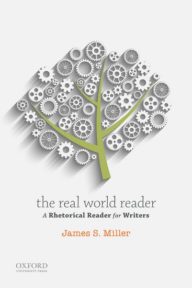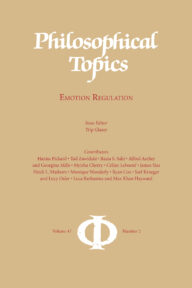
Gendered Failures in Extrinsic Emotional Regulation; Or, Why Telling a Woman to “Relax” or a Young Boy to “Stop Crying Like a Girl” Is Not a Good Idea
Read Article (PDF)
I argue that gendered stereotypes, gendered emotions and attitudes, and display rules can influence extrinsic regulation stages, making failure points likely to occur in gendered-context and for reasons that the emotion regulation literature has not given adequate attention to. As a result, I argue for ‘feminist emotional intelligence’ as a way to help escape these failures. Feminist emotional intelligence, on my view, is a nonideal ability-based approach that equips a person to effectively reason about emotions through an intersectional lens and use emotions to inform how we think and react to the world. This includes being attuned to the ways in which the world and our emotional lives are structured by and favors men. It stresses the need to be attuned to, as well as resist and challenge gender-based stereotypes and attitudes around emotions, paying close attention to the ways those stereotypes, norms, and attitudes differ across race, class, ethnicity, et cetera.




